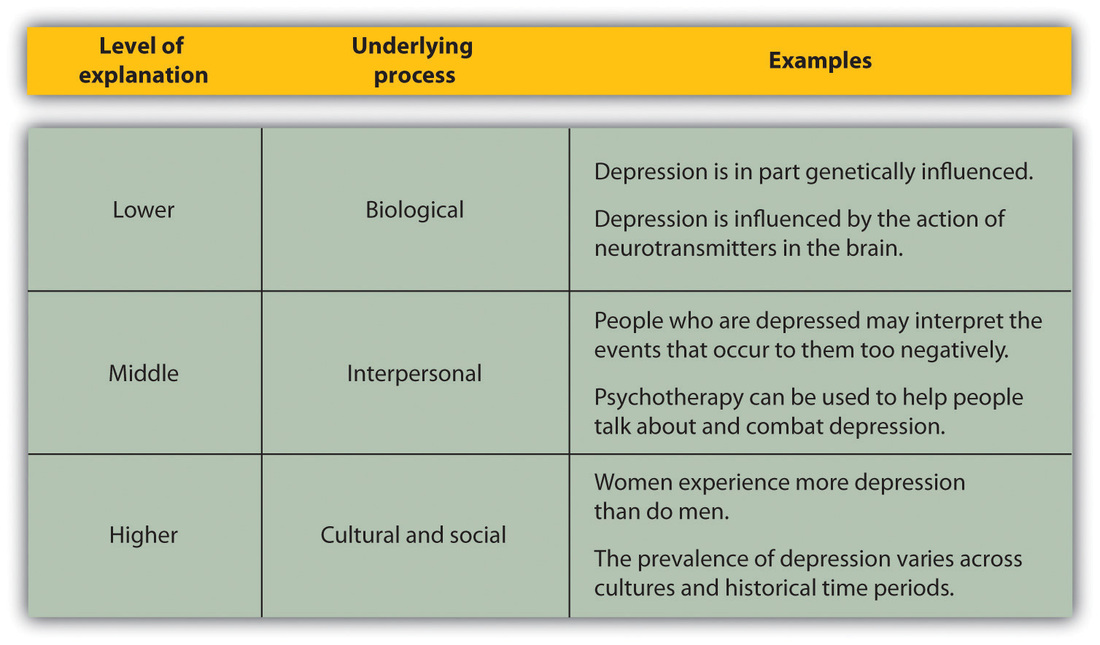CIE AS Psychology
For CIE AS Psychology consists of a detailed analysis of 20 famous psychological studies across five areas of Psychology. The studies are:
Each study has its own page on the site, which you can find using the links at the top. There is also a page for each approach. It is crucial that, as well as knowing the studies, you understand the key ideas and methods of each of the five approaches, and that you can evaluate these using some of the issues, debates and perspectives in the specification (see below).
Issues, debates and PerspectivesPerspectives:
• The Behaviourist perspective • The psychoanalytic perspective Issues and debates: • The application of psychology to everyday life (its usefulness) • Ecological validity • Ethics • Ethnocentric bias • Reliability and validity • Individual and situational explanations • Nature and nurture • Psychometrics • Quantitative and qualitative data • Generalisations • Snapshot and longitudinal data • The use of children in psychological research • The use of animals in psychological research • Reductionism |
This Crash Course video is a great introduction to Psychology.
Test yourself on the issues and debates with this quiz. |
Know your exam papers!
Paper 1 - Core Studies 1This paper will consist of short answer and structured response questions and will be assessed by a 1.5 hour examination. The examination paper will consist of two parts:
Section A: 15 compulsory short answer questions (75% of marks) Section B: 2 structured essays (25% of available marks) Section A will examine your knowledge and understanding of the core studies. In particular you will be asked questions about: • the context, or background, of each study • the information in the studies, such as theories or reasons why the study was conducted • the methods used in the studies (experiment, self report, case study, observations) including types of experiment (e.g. laboratory and field), self report and observations • the participants in the study and the sampling technique used • the design of the study (repeated measures, independent groups or matched pairs) • the way the study was conducted, such as the procedure and apparatus used • the type of data gathered (e.g. qualitative and/or quantitative), the way the results are analysed and presented • the conclusions that can be drawn from the studies You can also be asked questions about themes: methods, approaches and perspectives, and issues and debates as they apply to each core study. Section B will examine your ability to make evaluative points about the studies and your ability to see the studies in the wider context of psychological themes. Both structured essay questions will have three named core studies from which candidates choose one study on which to write your answer. |
Paper 2 - Core Studies 2This paper will consist of structured essay questions and will be assessed by a 1.5 hour examination. The examination paper will consist of three parts:
Section A 1 compulsory methodology question (36%) related to a named core study 1 compulsory approaches and perspectives, and issues and debates question (36%) related to a named core study Section B 1 approaches and perspectives, and issues and debates question (28%) related to a number of named core studies from a choice of 2 questions. The paper will examine how well you can draw out and apply the themes of methods, approaches and perspectives, and issues and debates in the course to the core studies. You will be asked to make comparisons and distinctions between a number of core studies as well as placing them within the broader context of general debates within psychology. In particular you will be asked questions about the approaches, perspectives, issues and debates (see above) |
RevisionMatch the study to the description...Using this quizlet.
Aims quiz. Can you give the aims of each study from memory? Try here. Titles quiz. What was the full title of each study? Quiz here. Repetitions flashcards The 'Year 12 full' flashcard file is below. Save it to your computer or device and open it using the Repetitions program to use.
|
ExtensionLevels of explanation
It is important to understand that the different approaches to psychology are not necessarily rivals, whose explanations always contradict each other. This is not true. In fact, different approaches may simply be describing the same process, but from a different level of explanation. In other words they are just describing the thing in a different way and focusing on a different aspect of it. For example, depression is still the same thing, regardless of the level of explanation used, it is just that some theories will focus on cognitive aspects of the condition, some biological, some social and so on. Three example levels of explanation for depression are given below to illustrate: | ||||||


